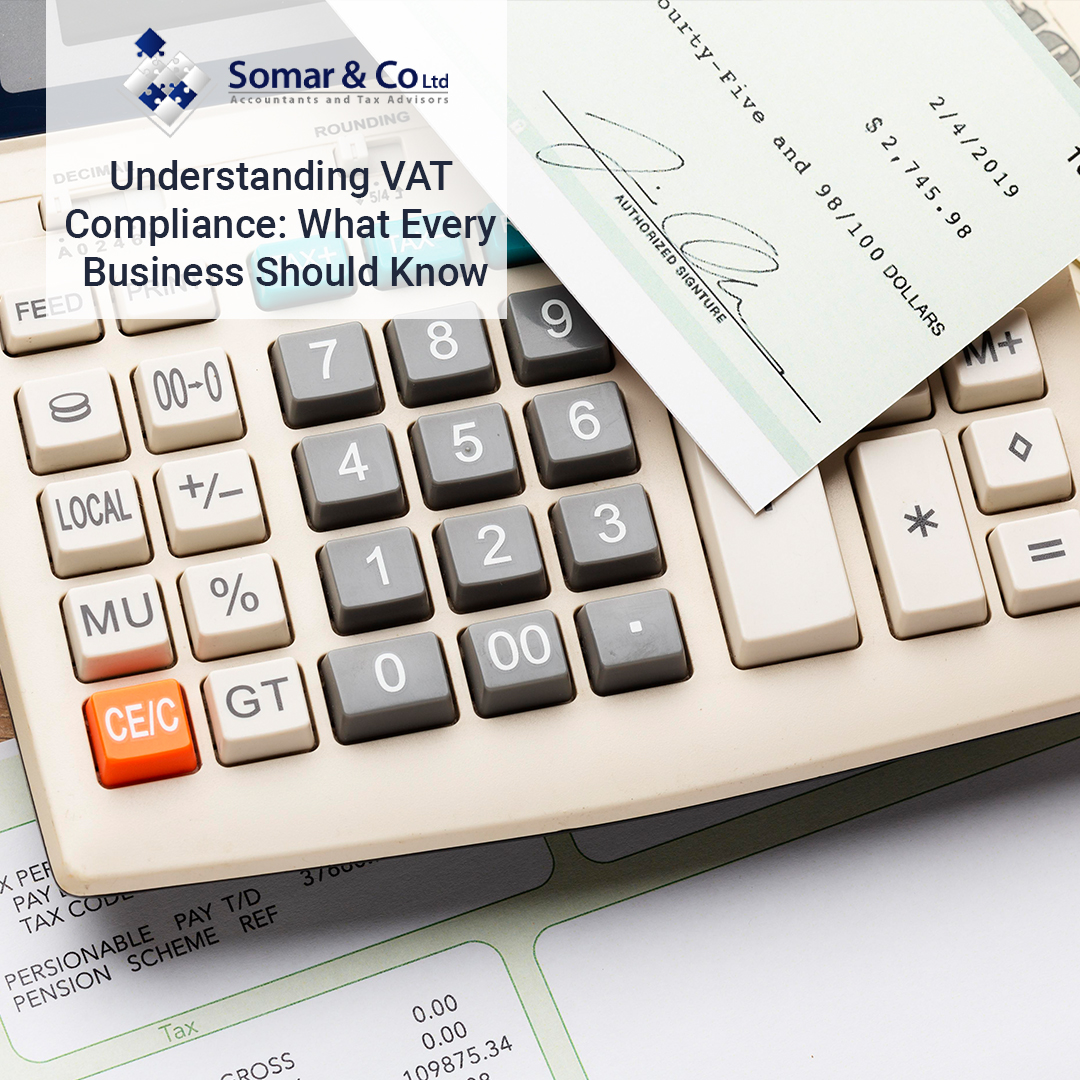
For businesses across many industries, VAT compliance is a key responsibility. Staying informed about VAT regulations and consistently meeting your obligations is essential to prevent fines and ensure smooth operations. Here’s an overview of what every business should know about VAT compliance to help you navigate this area effectively.
What is VAT, and Who Needs to Register?
VAT, or Value Added Tax, is a tax added to goods and services at each stage of production and distribution. Businesses that exceed the annual turnover threshold set by the government must register for VAT. Knowing the exact threshold for VAT registration in your region is important, as it varies by jurisdiction. For businesses near this limit or with rapidly growing revenues, it's wise to monitor turnover regularly to avoid missing a registration deadline.
Understanding Input and Output VAT
Once registered, your business must account for both input VAT and output VAT. Input VAT is the tax you pay on purchases, while output VAT is what you charge on sales. The difference between these two can determine whether you owe VAT to HMRC or are eligible for a VAT refund. Accurate tracking of input and output VAT is essential, as it ensures you only pay the correct amount, and in some cases, recover VAT on certain business expenses.
Keeping Accurate VAT Records
VAT compliance relies heavily on meticulous record-keeping. From sales receipts to purchase invoices, each VAT-related transaction needs to be logged accurately. Many businesses find it useful to adopt accounting software specifically designed to handle VAT tracking, as it simplifies organizing and calculating VAT while generating reports for returns. Proper record-keeping is not only a legal obligation but also helps in verifying claims if HMRC conducts an audit.
Submit VAT Returns on Time
Timely submission of VAT returns is essential to avoid penalties. VAT returns are typically due quarterly, and late submissions or incorrect filings can result in costly fines. Setting up a calendar with reminders for each due date can help you stay on track, and many accounting platforms allow for automated submission, reducing the risk of delay or oversight.
Consider Seeking Professional Help
VAT regulations can be complex and vary by industry. Consulting a VAT specialist can be especially beneficial if your business operates in sectors with unique VAT rules, like international trade or financial services. A tax advisor can help ensure that your returns are correct, assist in VAT recovery on eligible expenses, and provide insights into tax-saving opportunities specific to your business needs.
VAT compliance is a continuous responsibility that requires organization, accuracy, and knowledge of the latest regulations. Staying compliant is not just about avoiding penalties; it can also save your business time and money. By understanding the fundamentals, keeping accurate records, and seeking professional advice when needed, you’ll be better prepared to handle VAT obligations efficiently and confidently.